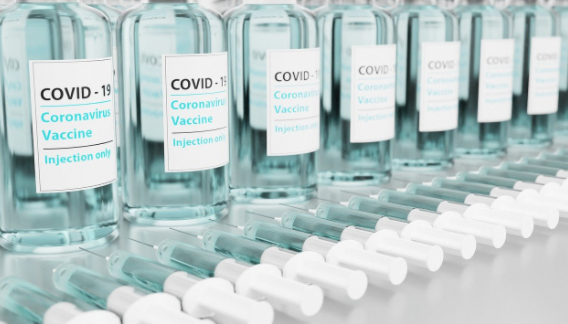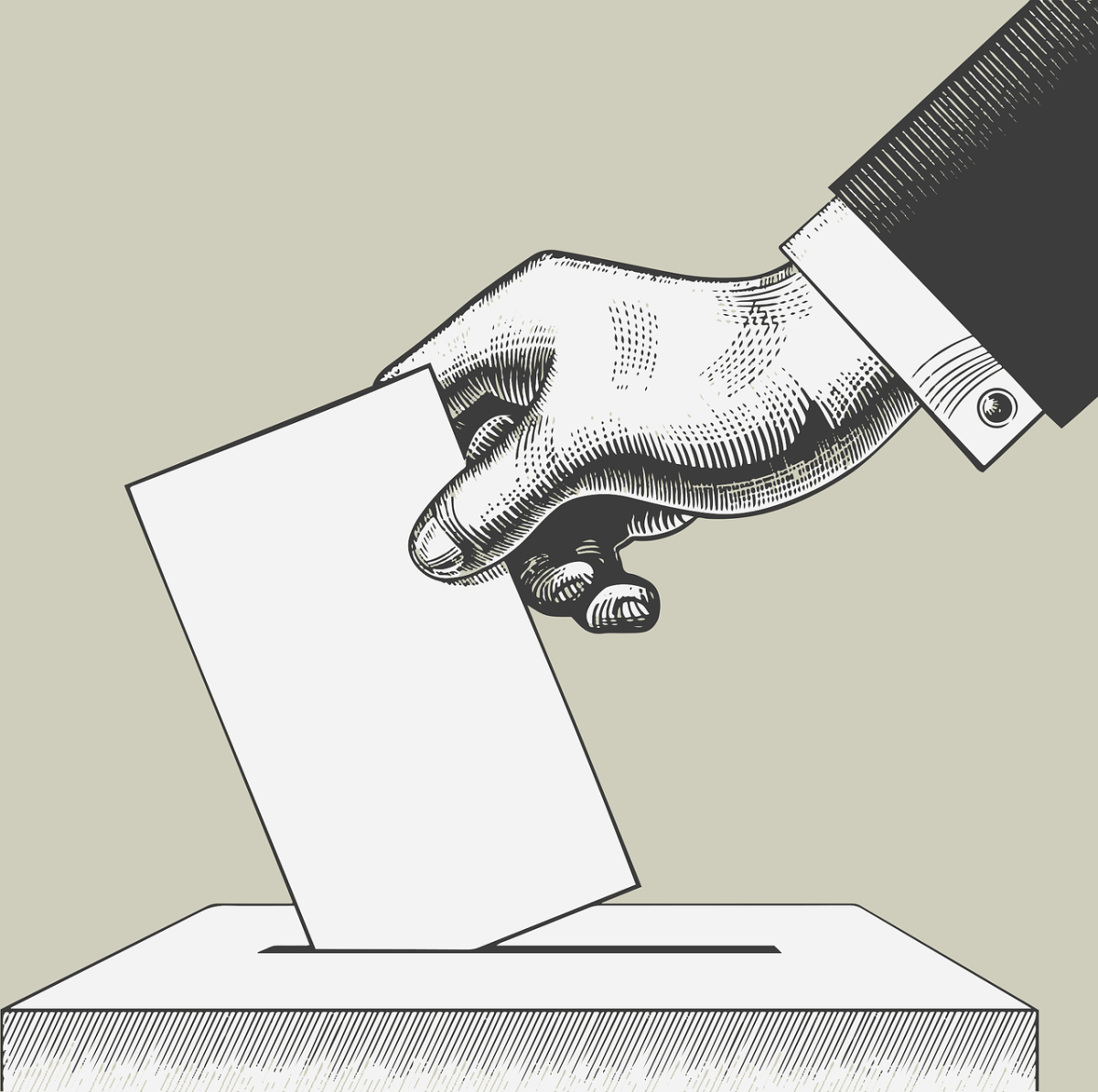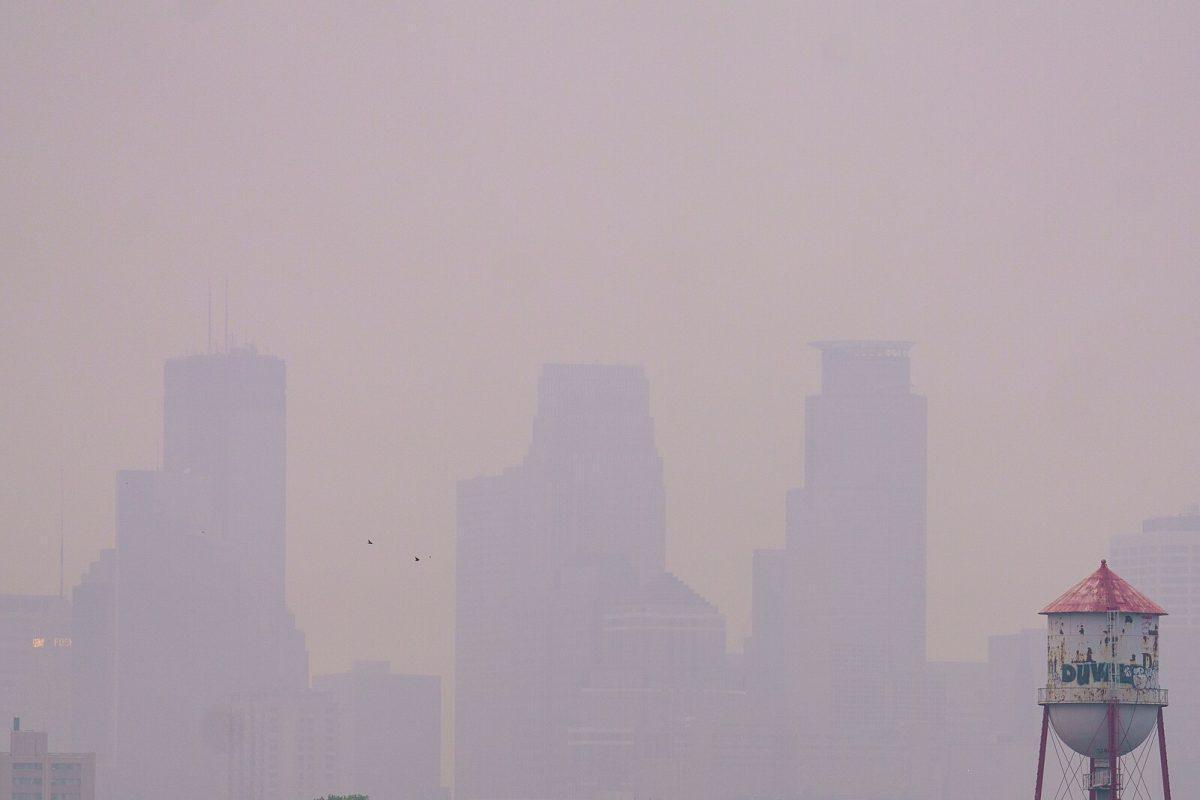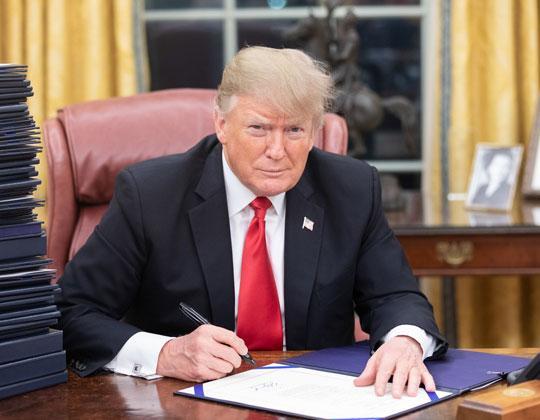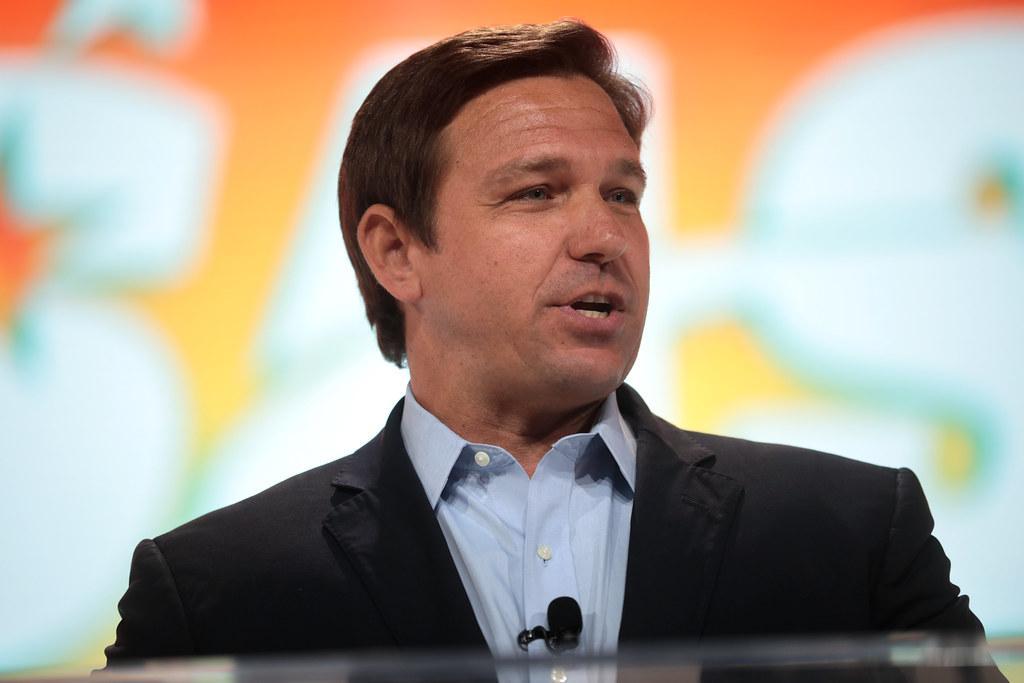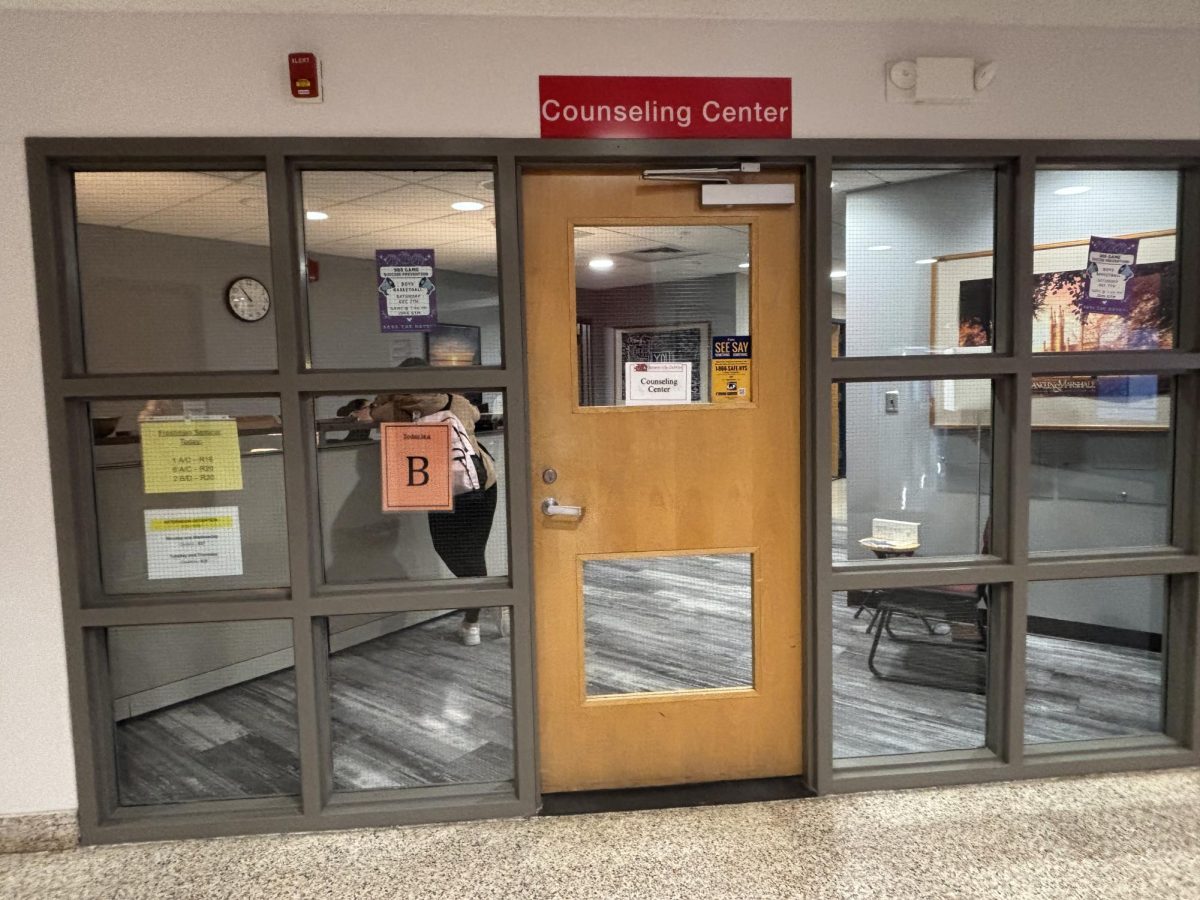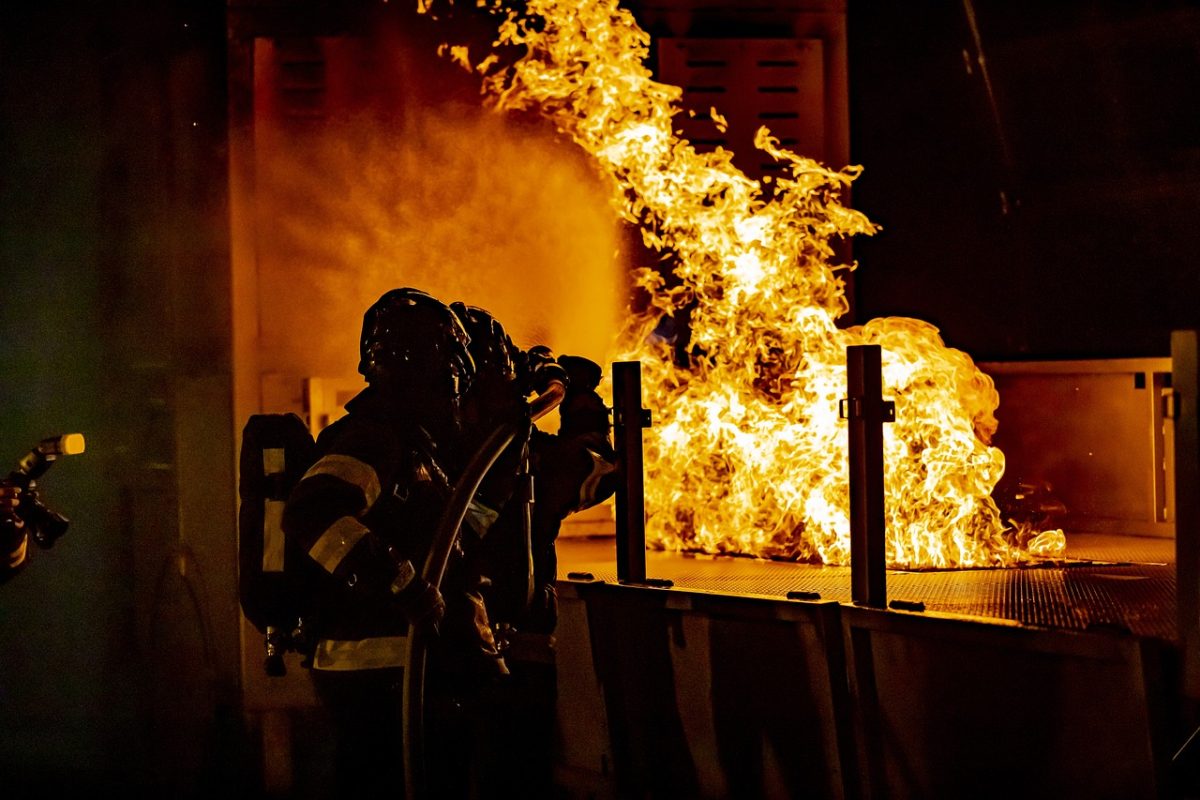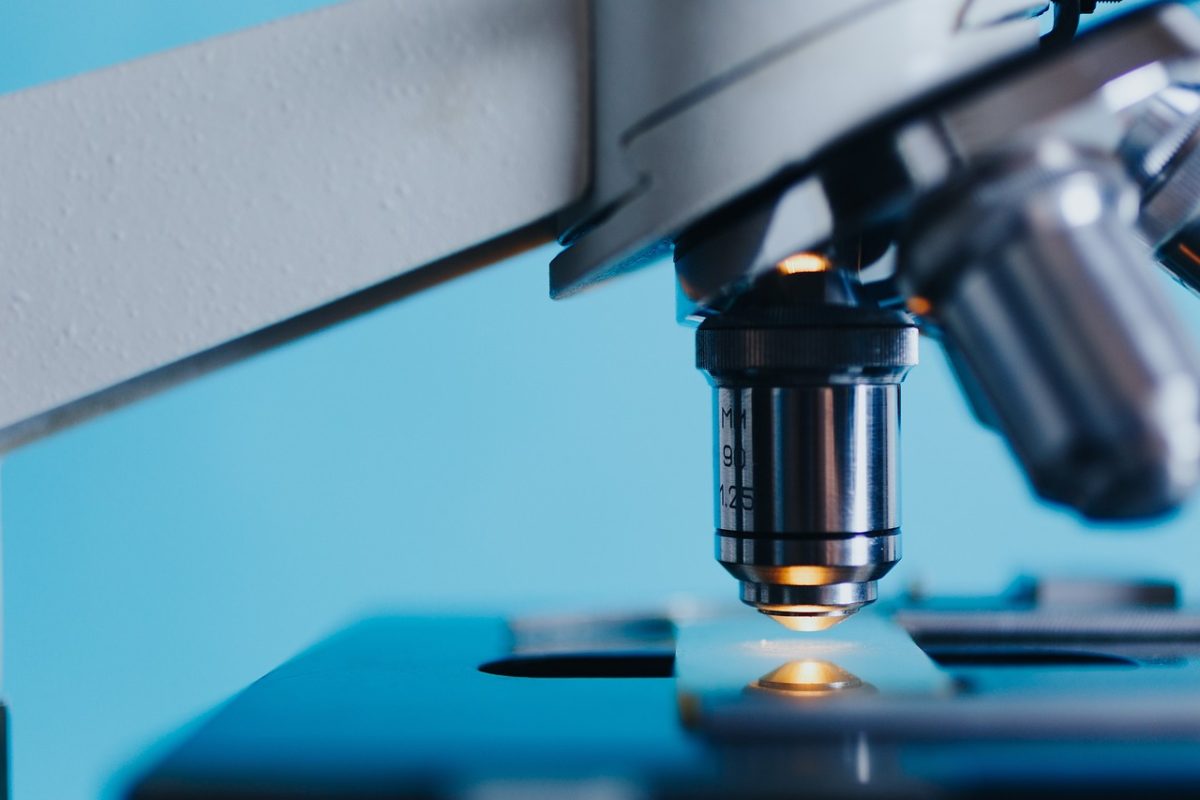On Monday, August 23rd, the Food and Drug Administration (FDA) granted full approval to the Pfizer/BioNTech COVID-19 Vaccine for individuals 16 and older. This comes nearly nine months after the first dose of the vaccine was given. Meaning, the Pfizer vaccine will now be marketed as Comirnaty, for the prevention of the COVID-19 disease in individuals 16 and older, while it will still be authorized for emergency use in adolescents ages 12 to 15.
But what does full approval mean exactly? Full approval grants the manufacturers of the Pfizer vaccine permission to not only advertise their products to inform consumers, but also allow them to continue selling the product after the public COVID-19 health emergency comes to a halt. For people in the medical industry like doctors, this allows them to now be able to use the vaccine off-label, potentially for booster shots soon to come. Notably, the most significant change with the now FDA-approved vaccine is that more people will be willing to get it. According to a poll conducted by the health research group at Public Citizen, millions of people say that full approval will likely their chances of getting the vaccine. Senior health advisor Sidney Wolfe at Public Citizen says “These individuals may be hesitating because they know that there will be much more data available at the time of an approval… three times as much data on safety and three times as much data on effectiveness.”
With this approval also comes the point that more employers may also be willing to require the vaccine among their employees (as many have already begun to do). The full approval by the FDA could also aid support for the vaccine in smaller countries that look to the US agency for guidance. To get the most out of the full approval, messengers from the president down to local doctors must be prepared to explain what it all means.
Thus far, COVID-19 vaccines from Johnson & Johnson, Pfizer/BioNTech, and Moderna have been distributed across the US under emergency use authorizations. During a public health emergency, such as a pandemic, this type of limited approval allows the FDA to expedite the delivery of medications, vaccines, and other medical devices. While Pfizer may be the favored vaccine due to its recent approval, the other companies are working towards full approval as well.
In general, the FDA will approve emergency use authority for vaccinations in the United States after reviewing a minimum of three months of follow-up results for clinical trial participants who have received the injection. In order to seek full approval, or “biologics license application”, the FDA seeks six months of data from trials to confirm that there are no adverse problems or widespread reactions in participants. These studies are intended to look at safety and efficacy while also determining the best distribution methods. In early May of this year, Pfizer and BioNTech submitted their license application (which has since been approved). Moderna began its application process in June and submitted its application on August 26th of this year. If Moderna is granted approval we can expect the announcement in late November or early December. Johnson & Johnson put out a statement saying they will begin the application process later this year.
The statement put out by the Food and Drug Administration on August 23, 2021, regarding the approval reads the following, “The FDA’s approval of this vaccine is a milestone as we continue to battle the COVID-19 pandemic. While this and other vaccines have met the FDA’s rigorous, scientific standards for emergency use authorization, as the first FDA-approved COVID-19 vaccine, the public can be very confident that this vaccine meets the high standards for safety, effectiveness, and manufacturing quality the FDA requires of an approved product,” said Acting FDA Commissioner Janet Woodcock, M.D. “While millions of people have already safely received COVID-19 vaccines, we recognize that for some, the FDA approval of a vaccine may now instill additional confidence to get vaccinated. Today’s milestone puts us one step closer to altering the course of this pandemic in the U.S.”





























